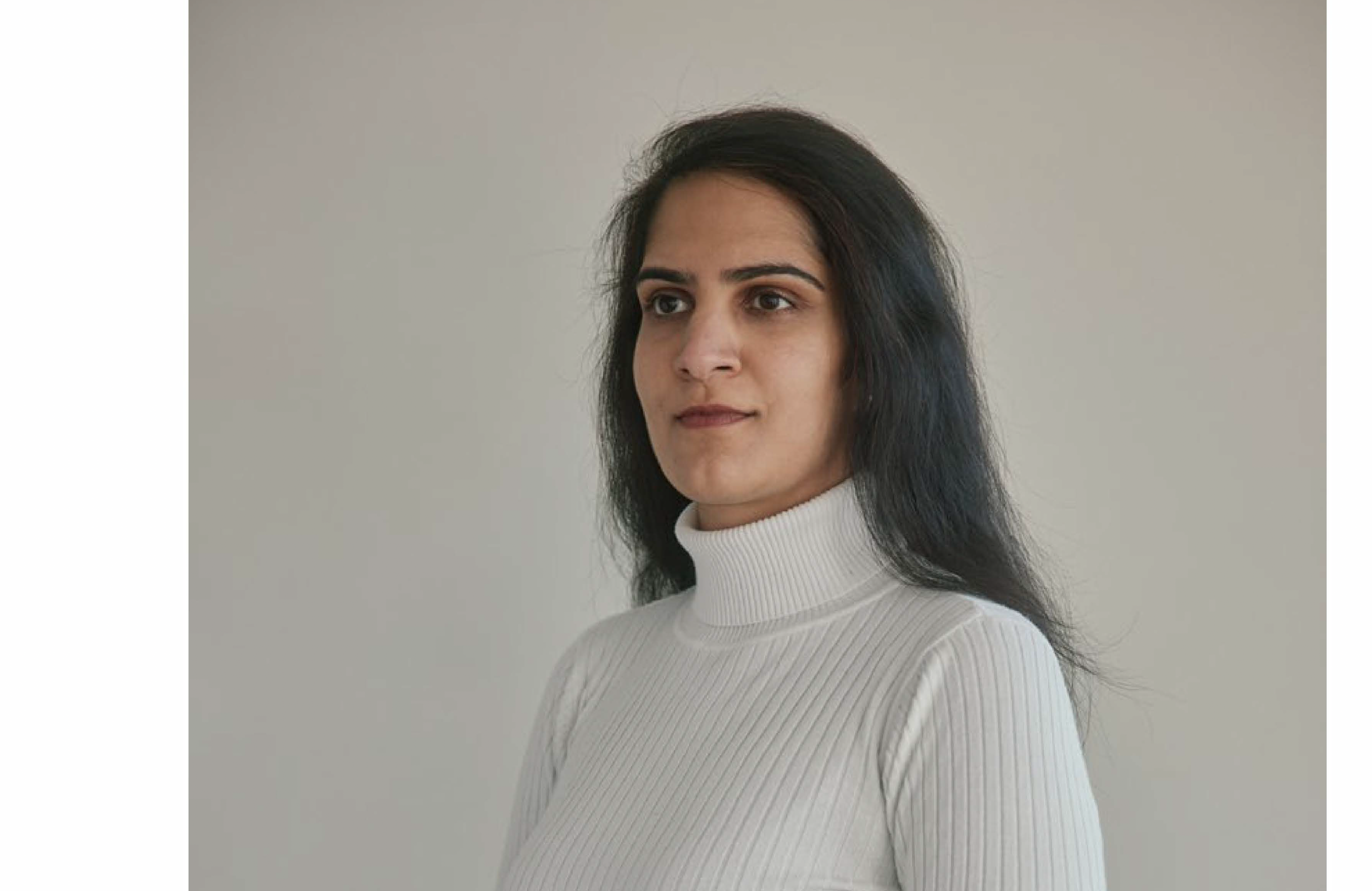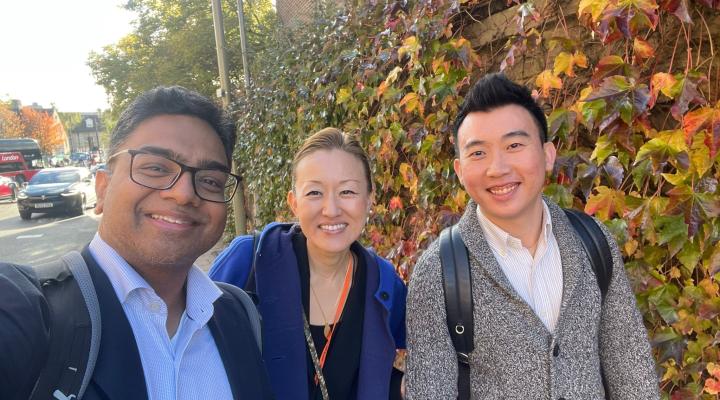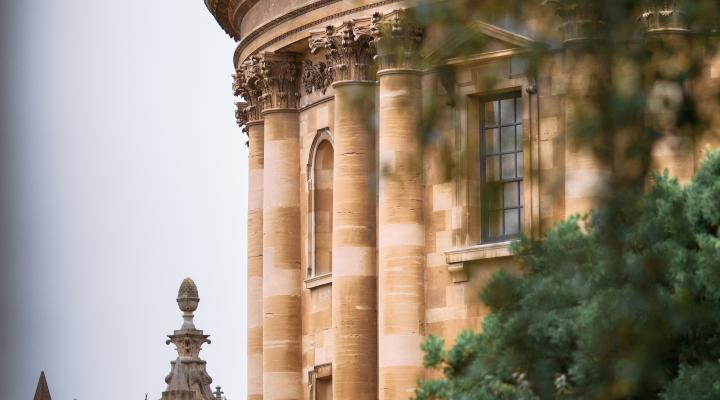Oxford is like a springboard from where you can jump in any direction and achieve your next step.
In the first two years of my job, when I was involved in carrying out macroeconomic analyses, I found myself referring a fair amount back to my Oxford notes. It was the technical knowledge that I needed and used. More recently, however, I’ve realised how much I have benefited on an intangible level: it's the ability to quickly navigate ambiguous situations because I was thrown into one when I started my programme; or the skills to move between the big picture view and the detail. This is the essence of my job now: taking a broad problem, breaking it down into solvable parts, and then aggregating back up to see the impact.
I applied for the MSc in Financial Economics after an undergraduate degree in economics from India and about two years of working at a top-tier management consulting firm. Management consulting is fascinating but very broad, and I wanted to go back to my academic roots, take a deeper look at my subject, and then look for a job that would allow me to apply a lot more of my education in my work.
My time in Oxford was a coming-of-age. Born and brought up in Delhi, I travelled a fair amount during my consulting role; however, the programme was a real opportunity for me to live and work in a new country and really break out of my comfort zone. I felt that it allowed me to grow as an individual and as a working professional. There were about 80 students altogether in the cohort, and we all came from different countries and backgrounds. Studying the rigorous programme content alongside a diverse, academically gifted cohort was also an unbelievable exercise in holistic development.
Throughout the year I applied for a number of very specific roles in line with my original intended goal, targeting international organisations such as the United Nations (UN), as well as central banks, and was thrilled to graduate with two job offers. Eventually, I accepted the role with the World Bank Group as a better fit, which has been a rewarding journey over the past four-and-a-half years.
I started as a strategist with a focus on the Europe and Central Asia region, and my work there revolved around analysing seven client countries from a macroeconomic perspective and then distilling from that information, operational recommendations on high-impact sectors for scale financing needed to achieve the development goals for that country. I then moved to corporate strategy, which is where I am working now.
It is an exciting team at the heart of World Bank Group’s private sector arm, the world’s largest impact investor in private firms in emerging markets and developing economies. We work to articulate the growth strategy to achieve the organisation’s 2030 goals which are aligned in turn to the UN Sustainable Development Goals as well as to the Paris Agreement. And so, our corporate scorecard does not solely focus on the core business of lending, but also on, for example, carbon emissions, the number of fragile countries in which we provided funding to build resilience, gender equality, and so on. And the idea is to try to push ourselves in meeting or exceeding these impact targets - not just for ourselves but also for our peer group and our clients.
Over the past two years I've seen significant growth across different metrics. We had a record year last year, growing 20% year-on-year to achieve $32 billion of investments. More importantly, roughly 50% of our investments went towards climate action - significantly surpassing our target of 35% for the year. Contributing to such impactful results is an incredibly fulfilling feeling.
Saïd Business School played a definitive role in my professional journey. It not only provided me with the right academic tools, but also the requisite industry exposure throughout the course. And of course the Oxford brand alone weaved its magic to open multiple doors.
Last, but in no way the least, the School's careers services team was extraordinarily active in making introductions and getting conversations going in organisations that were a good fit for me and my ambitions. I shall forever be grateful for my experience at Oxford Saïd, and at the University more broadly, which has aided me in driving meaningful impact in my life and time beyond the programme.





